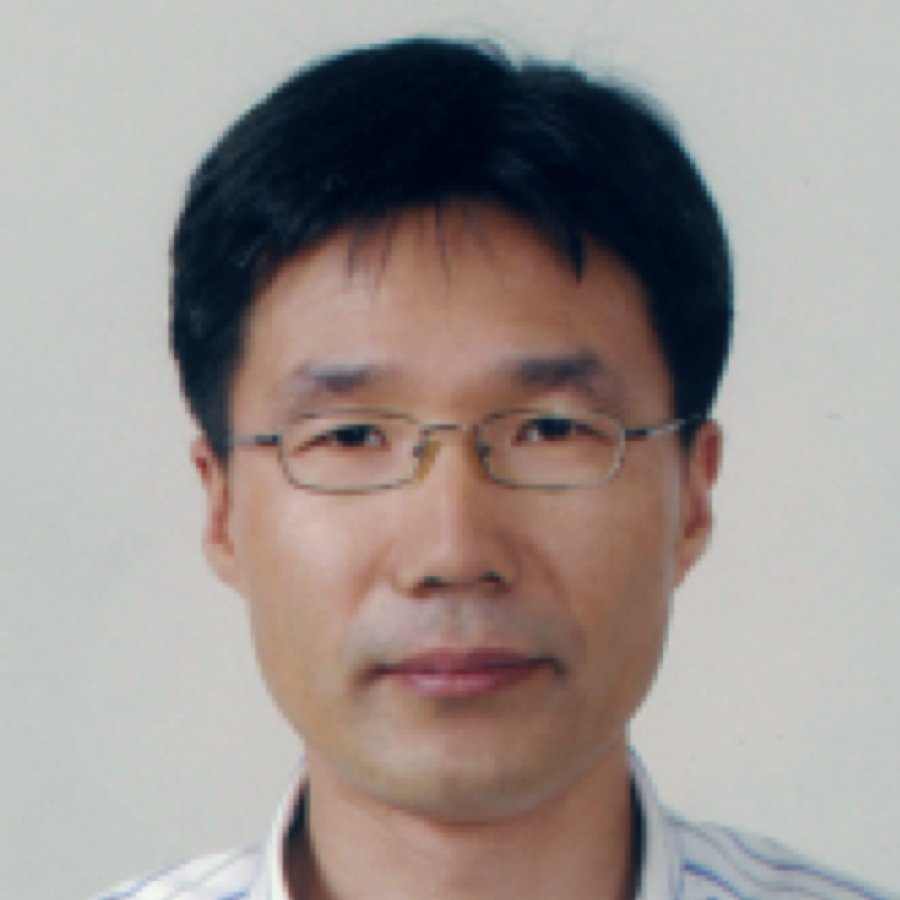BIODIVERSITY & ENVIRONMENTAL ECOLOGY
The program has a long and distinguished history at Chungnam National University. Current faculty interests include Systematics and Molecular Evolution of Algae, Plant Ecology, Systematics and Phylogenetics of Beetles, Environmental Ecology, and Protist Evolution and Phylogenetics. The program facilitates an integrative approach for education and research that focus on the discovery of the history, nature of biodiversity, and environmental ecology. Interests of the faculty members overlap laboratory boundaries. The program helps graduate applicants identify potential advisors. Dissertation committees often are composed of faculty members from multiple programs and departments.
Molecular Functional Biology
Program in Molecular Functional Biology (MFB) is designed for those interested in biological phenomena of human and other animals from the point of molecular and functional biology. The curriculum is in particular composed of three parts; (1) The course work primarily emphasizes basic concepts and current topics at molecular level in the field of cell biology, developmental biology, genetics, immunology, medicinal biology, neurobiology, signal biology, and structural biology; (2) The course work then highlights new biology into bioinformatics and functional genomics in the field of bioinformatics, epigenomics, functional genomics, metabolomics, proteomics, systems biology, transcriptomics; (3) The courses for “Bio-Entrepreneur Track”links fundamental biological knowledge to developing biotechnological products. The finely designed and tuned curriculum will facilitate students to grow themselves to maximum extent as most advanced and successful scientists.
Plant Systems Biology
The graduate program of Plant Systems Biology is designed for both M.S. and Ph.D. candidates and offers students an intellectually stimulating environment. The program covers from general botany to more specialized fields of study and research. The modern biology (including plant molecular and cellular biology, biochemistry, genetics, developmental biology, and physiology), functional genomics along with computational biology and informatics, and the plant biotechnology represent the core of the academic program. Graduate students including foreign students become directly involved in one of four faculty research laboratories and go on to become leaders in their fields, both in academic and industrial settings. Several adjunct faculty members from research institutes at the Daeduk Research Park and interdepartmental plant sciences programs participate in teaching and research training in our program. The applied researches are also conducted in cooperation with industrial companies and governmental agencies.
Molecular Microbiology
The graduate program of Molecular Microbiology and Biotechnology is designed for both M.S. and Ph. D. candidates and offers students an intellectually stimulating environment. The program covers from general microbiology to more specialized fields of study and research. The modern biology (including molecular and cellular biology, biochemistry, genetics, virology, and immunology) and the applied microbiology (microbial technology and environmental biology) represent the core of the academic program. Graduate students become directly involved in one of nine faculty research laboratories and go on to become leaders in their fields, both in academic and industrial settings. Many of the faculty are renowned and leaders in their fields. Four adjunct faculty members from research institutes at the Daeduk Science Town participate in teaching and research training in our program. The applied researches are also conducted in cooperation with industrial companies and governmental agencies. The Ph. D. program has two sub-fields in microbiology: Molecular microbiology and Molecular biotechnology. Ph. D. students are able to apply in one of these sub-fields.
Molecular Biotechnology
The graduate program of Molecular Microbiology and Biotechnology is designed for both M.S. and Ph. D. candidates and offers students an intellectually stimulating environment. The program covers from general microbiology to more specialized fields of study and research. The modern biology (including molecular and cellular biology, biochemistry, genetics, virology, and immunology) and the applied microbiology (microbial technology and environmental biology) represent the core of the academic program. Graduate students become directly involved in one of nine faculty research laboratories and go on to become leaders in their fields, both in academic and industrial settings. Many of the faculty are renowned and leaders in their fields. Four adjunct faculty members from research institutes at the Daeduk Science Town participate in teaching and research training in our program. The applied researches are also conducted in cooperation with industrial companies and governmental agencies. The Ph. D. program has two sub-fields in microbiology: Molecular microbiology and Molecular biotechnology. Ph. D. students are able to apply in one of these sub-fields.
CONVERGENT BIOSCIENCE AND INFORMATICS
The Convergent Bioscience and Informatics (CBI) program caters to individuals with interests in both biology and informatics. The curriculum is strategically structured into two key segments:
- Foundational Concepts and Contemporary Issues in Molecular Biology: This includes comprehensive coverage of areas such as genomics, epigenetics, proteomics, plant biochemistry, developmental genetics, theories of human genetic diseases.
- Strong Emphasis on Informatics: This program offers coursed that delve deeply into advanced bioinformatics, sophisticated bioanalytics, specialized topics in genomic informatics, and in-depth studies on transcriptomics.
This meticulously curated curriculum is designed to foster the optimal growth of students, empowering them to emerge as highly proficient and accomplished scientists in their respective fields.





























